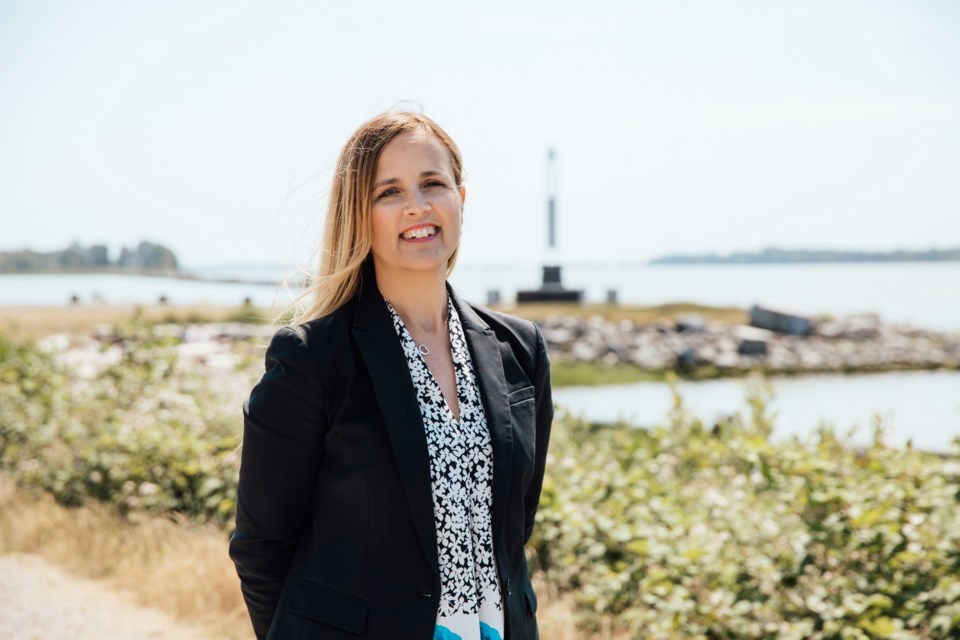The head of Tourism Richmond is optimistic the industry – which has been on life support for most of the pandemic – could pick up again this summer as most British Columbians are expected to have their first dose of the COVID-19 vaccine by July.
Tourism will probably start with local and inter-provincial travel this summer before it can expand to international visitors, not expected until perhaps the coming winter.
Normally, 60 per cent of tourists coming to Richmond are international travellers, which Small said she’s “99 per cent sure” won’t be back this summer – meaning a large part of Tourism Richmond’s market “is basically cut off.”
“We’re going to try everything we can to try to get a share of (domestic tourism), but without the international markets boosting overall, it’s definitely going to be a very competitive season for those people who are actually out there travelling,” Small said.
Canadian travel will also be dependent on where things are six to nine weeks from now, with pandemic measures and vaccine rollouts varying across jurisdictions, Small added.
Tourism Richmond will be taking a phased approach to 2021 but will be ready to “aggressively target” international markets once they open back up, Small said.
However, there are plans in place which can be enacted right away when health measures allow.
That would begin with a hyper-local focus within the Metro Vancouver region, such as Chilliwack, Abbotsford and Langley – areas Tourism Richmond hasn’t traditionally marketed to before.
“Many of (those areas) think they know Richmond, but they actually don’t, so that’s kind of a cool discovery for people even within our own regions,” Small said. The next focus would primarily be the rest of the province, Alberta and Ontario.
“I think the international flavour of Richmond, and the unique feeling of being in a city and certainly the dining and outdoor opportunities (here) give us a really good story to tell for Canadians who want to experience something a little bit different this summer, who can’t travel internationally.”
Travel dynamics could also shift, said Small, with “VFR” – or visiting friends and relatives – likely to bounce back much sooner than business travel, which could take several years before it recovers in a robust way.
“So we’re going to be keeping our eyes on all of those market dynamics. One of the great things about Richmond is that we’re an airport city…and we’ve got a great and consistent hotel base.”
She’s also hopeful that, moving towards the end of the year – October, November and December – there will be some international travel again, although that’s typically considered off-season in terms of weather.
But if borders re-open, quarantine rules change and vaccine passports come out, Small thinks there will be a lot of VFR.
Currently, 16 of Richmond’s hotels are authorized by the federal government to quarantine travellers for three days after they arrive at Vancouver International Airport.
This has brought back life to several hotels that were almost dormant, with some staff returning, Small explained.
“But I think, ultimately, what we want…is the type of business where people are coming because they want to be there and not because they’re forced to be there,” she added.
And while it’s been a challenging year for the tourism sector overall, Small said it’s been amazing to see how businesses have adapted to COVID-19 restrictions, such as moving online, offering delivery services or focusing on activities that can be done safely outdoors.
But the tourism industry needs to make sure it’s not irresponsible in its marketing and ensure the safety of residents, travellers and employees, Small said.
“I think everybody has really learned a lot from last spring…and are ready (for tourism to return),” she said.



.png;w=120;h=80;mode=crop)